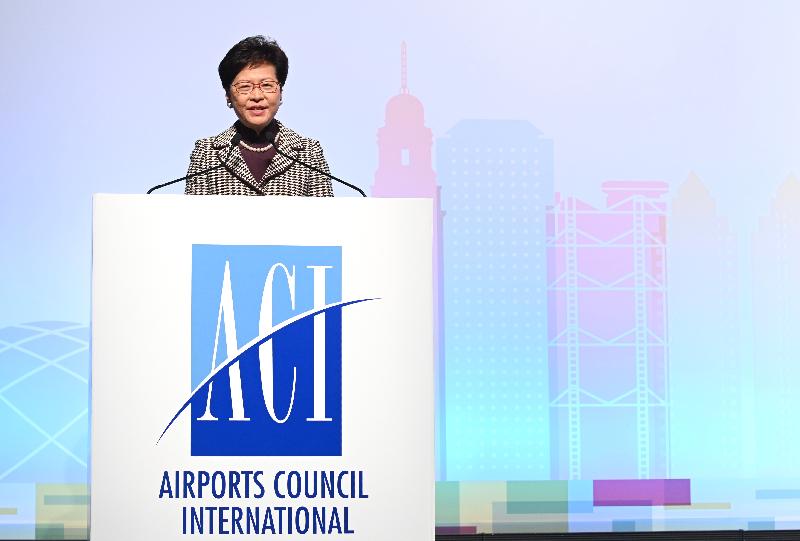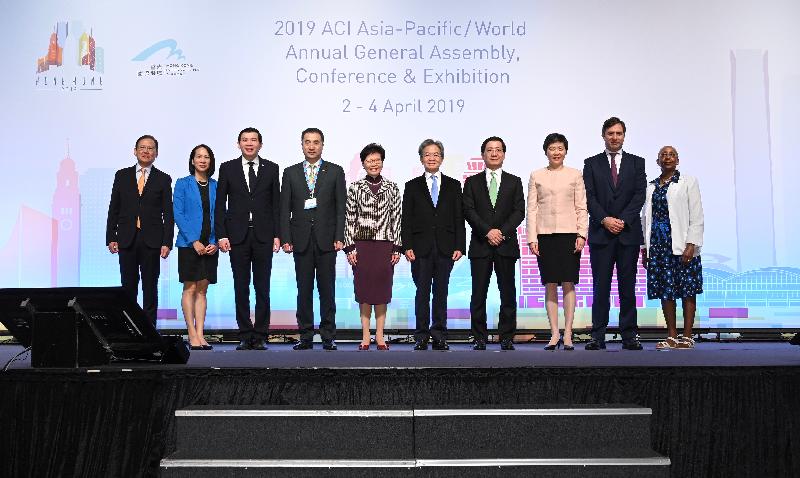LCQ2: Non-eligible persons defaulting on payment of medical fees
Following is a question by the Hon Gary Fan and a reply by the Secretary for Food and Health, Professor Sophia Chan, in the Legislative Council today (April 3):
Question:
Non-eligible persons (NEPs) (including Mainland residents) receiving public healthcare services are required to pay for medical fees which are determined on a cost-recovery basis. It has been reported that a Mainland woman, since being injured in a traffic accident in Hong Kong in November 2015, has been staying in a public hospital without paying any medical fees. Last month, the Hospital Authority (HA) filed claims in court against that woman for recovery of arrears which amounted to $6,170,000. In this connection, will the Government inform this Council:
(1) whether it knows the highest and average figures in each of the past five financial years in respect of the following: the number of days for which NEPs stayed in public hospitals, the amount of medical fees in default by NEPs and the number of days involved, and HA's expenditure on recovery of arrears and the amount of arrears written off;
(2) whether it knows if HA has made arrangements for medical social workers to communicate with NEPs defaulting on payment of medical fees or with their families to make as early as possible suitable arrangements for them so as to prevent the worsening of the situation of patients defaulting on payment of medical fees; and
(3) regarding those Mainland residents visiting Hong Kong who cannot be discharged from public hospitals due to personal difficulties even though their conditions have become stable, whether the Government will discuss with the Mainland authorities the setting up of a mechanism so that assistance may be provided to them to facilitate their early discharge and return to the Mainland; if so, of the details; if not, the reasons for that?
Reply:
President,
The public healthcare services provided by the Hospital Authority (HA) are mainly targeted at Hong Kong residents, so as to ensure that they have priority in receiving such services. Generally speaking, non-eligible persons (NEPs), including non-local visitors, are provided with public healthcare services only in emergency situations. For instance, when NEPs are involved in accidents or fall seriously ill during their visits in Hong Kong, HA will provide them with emergency healthcare services on humanitarian grounds even though they cannot afford the medical fees arising from the services. NEPs' medical fees are determined on a cost-recovery basis. HA has an established mechanism in place to recover arrears from persons defaulting on payment of medical fees.
My reply to the various parts of the question raised by the Hon Gary Fan is as follows:
(1) Statistics on NEPs defaulting payment of public hospital charges in the past five financial years, including amounts of arrears, numbers of days involved, lengths of stay in hospital and amounts of arrears written off, are set out in the Annex. HA does not maintain statistics on the expenditure on recovery of arrears for individual cases, and does not categorise relevant expenditure into Eligible Persons and NEPs. The average annual expenditure (including legal fees and other expenses) on recovery of arrears incurred by HA is around $4 million.
As NEPs are in general admitted to hospital in emergency situations and if such inpatient cases are serious, requiring longer stay for treatment, individual cases may involve greater amounts of arrears to be written off.
(2) and (3) HA has implemented a number of measures to minimise default on payment of medical fees. The measures include requiring NEPs to pay a specified amount of deposit upon admission to hospital (except for emergency cases); issuing interim bills to patients once every three days during their hospitalisation and reminding patients or their families to settle the bills; issuing final bills to patients upon their discharge; and mailing the bills to their Hong Kong or overseas addresses provided at registration. If the bills remain outstanding after the patients' discharge, patients or their families will be reminded through telephone calls for settlement of bills and monthly statements will be mailed to their Hong Kong or overseas addresses provided at registration. HA will impose administrative charges on patients who have failed to settle the bills within a specified period.
Medical social workers will assist in following up on cases, including communicating with patients and trying to contact their families to give advice and assistance regarding the hospital stay.
If the bills remain outstanding after the above actions being taken, HA will institute legal actions where appropriate, including issuing demand letters to the patients concerned through lawyers, and filing claims with the Small Claims Tribunal or the court to recover the arrears from the patients concerned.
Regarding NEPs who have not settled their outstanding fees, HA will continue to provide healthcare services for them only in emergency situations. Once their situations have become non-emergent, HA will cease to provide healthcare services for them. NEPs may then decide to go to other medical institutions to continue their treatment. HA will make referral arrangements for them where necessary.
As for NEPs who do not need to stay in hospitals after treatment but need assistance with discharge arrangements, HA will contact the relevant government departments in light of the situation of individual cases. If necessary, relevant consulates or Mainland authorities will be contacted to make appropriate discharge and repatriation arrangements for these patients.
HA will continue to explore feasible options to improve the public hospital discharge arrangements for NEPs.

